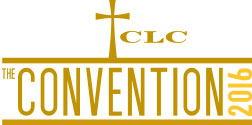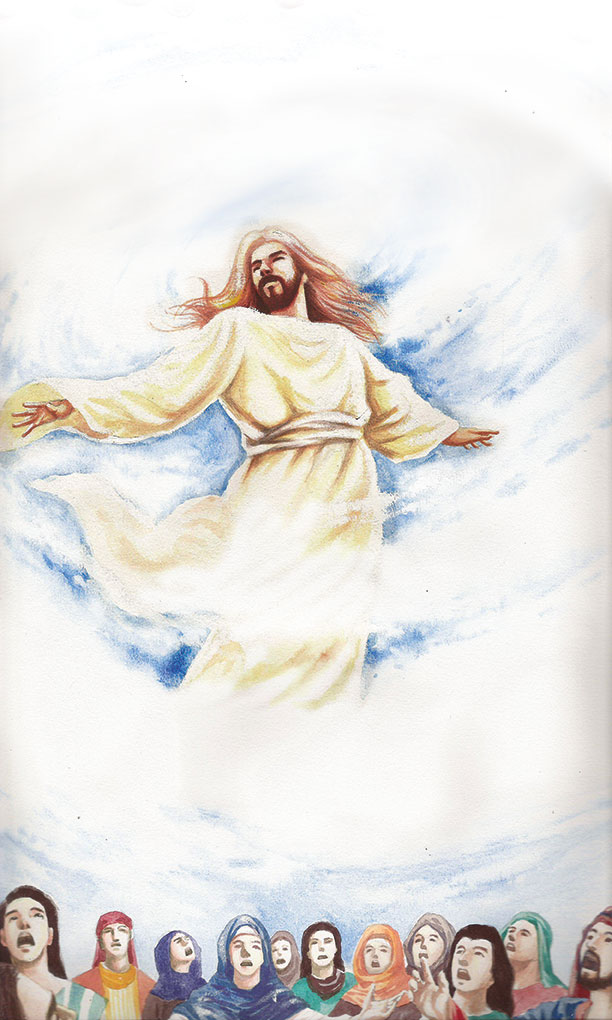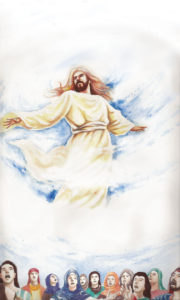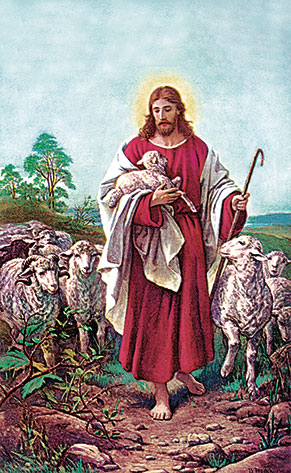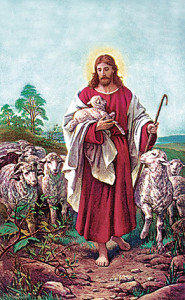“The Eyes Have It”
While that’s probably not the way you would normally see that sentence spelled (“The eyes have it”), it might well be the way Pastor Juan José Olvera would spell it these days. Pastor Olvera is a foreign affiliate of the CLC currently working in the Juárez area south of El Paso, Texas. He, like the Apostle Paul, helps to support himself and his family by sewing—until recently. His ongoing struggle with diabetes left him with serious vision impairment in both eyes. His condition required immediate surgery to correct the problem and to prevent it from leaving him permanently disabled. Thanks to a small gift from the CLC Mission Development Fund and an advance on their modest subsidy, Pastor Olvera had two successful surgeries that have, by the grace of God, restored his vision and allowed him to carry on both his secular and pastoral duties.
Pastor Olvera writes,
Dear Brothers in the Lord,
I give thanks to our God for the blessings I have received. Last week I had surgery on my left eye. All went well with the blessing of the Lord. I received all the necessary care and am very well. Thank you very much for all your prayers and support, both spiritual and material. These blessings make me redouble my efforts to continue talking with everyone in Mexico about the true faith that the Lord has given us. Soon I’ll be sending news of the students in our seminary and the Evangelistic crusades to reach more people for the Lord. Greetings to our brethren in other countries that day by day fight the good fight of faith, as well as our mother church, the CLC. May the spirit of the Lord guide their ministries. I pray always for you, in Christ Jesus.
Your brother and fellow servant in the work of Jesus,
Pastor Olvera“The Eyes Have It”


